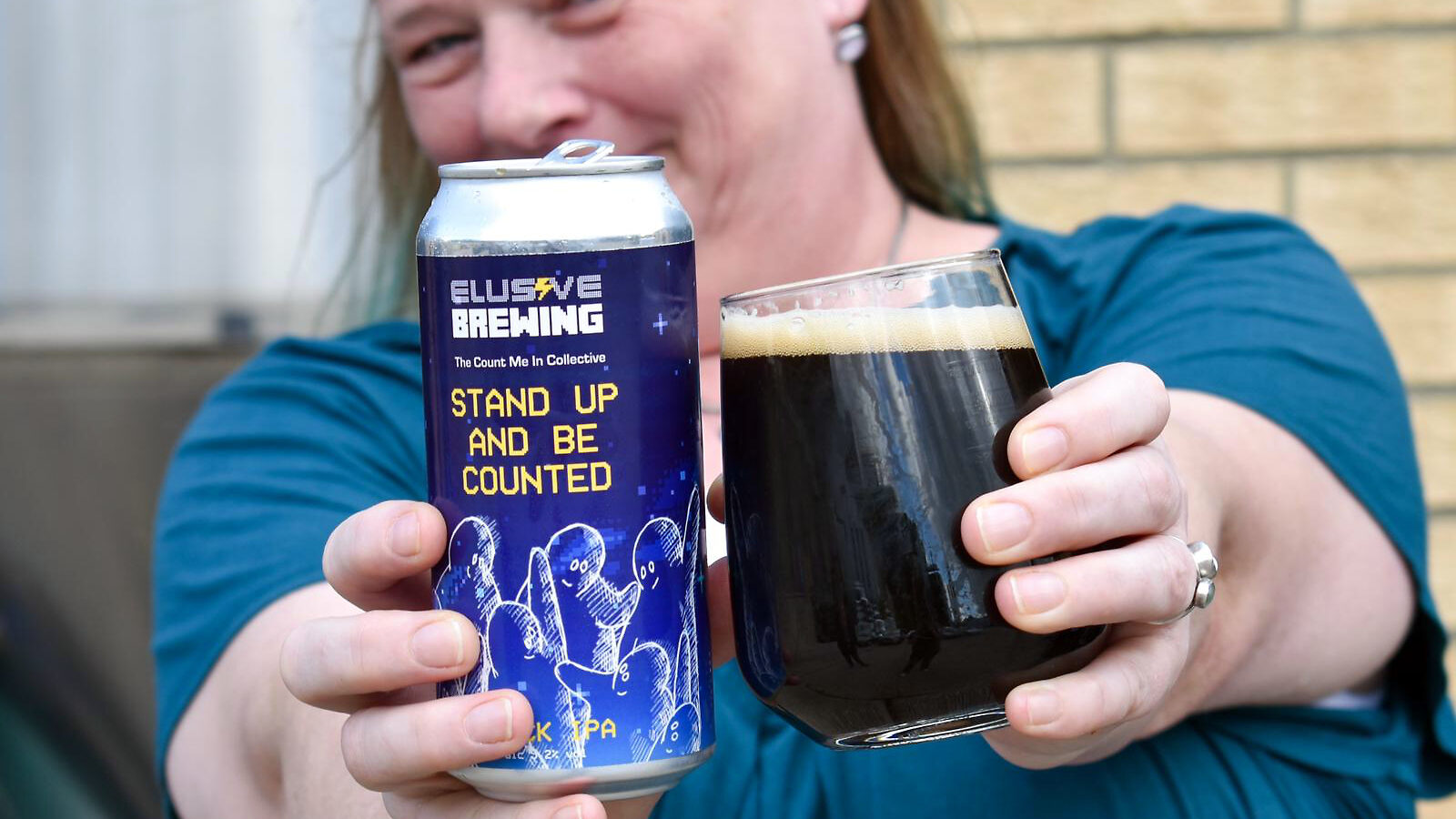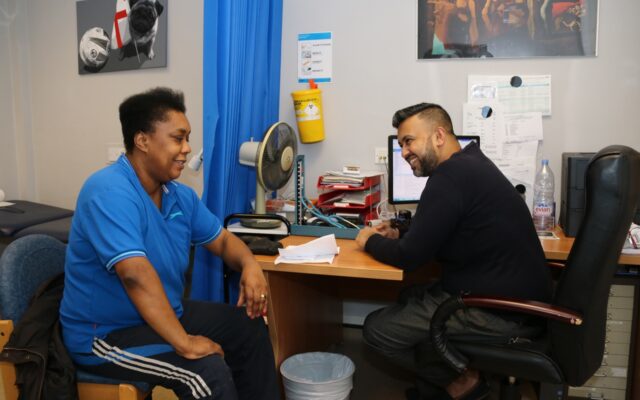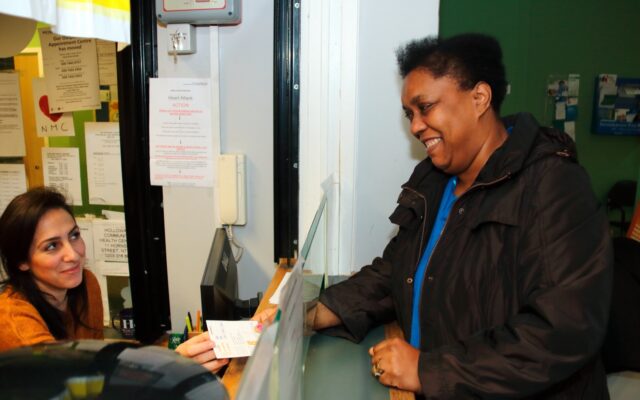Hours after hosting an inclusive brew day, a Berkshire microbrewery acted on advice from its disabled collaborators and ordered an accessible doorbell.
It is a modest step to offer wheelchair users a reachable entry buzzer, but Elusive Brewing’s swift action reflects how would-be beer makers from the fledgling Count Me In Collective (CMIC) are starting to shift perceptions. Since the doorbell was installed a few months ago, the brewery has added other accessible features, such as step-free entry.
Learning on tap
The inclusive brew days were part of CMIC’s plans to launch a community-based training brewery for autistic adults and people with learning disabilities who want jobs in the area’s brewery and pub trade.
Reading-based CMIC’s £25,000 crowdfunding appeal is raising cash for the equipment, with a training venue earmarked at a local pub, The Castle Tap.
The collective, a dozen disabled and non-disabled people including parent carers, was founded by Becky and John Whinnerah. The couple, who are pub and brewery trade veterans, have three children aged between 12 and 18 – one is autistic and another has complex needs.
CMIC is driven by the need to reduce employment inequality. Fewer than one in 20 of adults with learning disabilities in England are in paid work. Whinnerah hopes “to make a small dent in those statistics”.
She adds: “They should have the same right to work as anyone else. Thinking of my children’s futures, I’d like to imagine all sorts of fantastic opportunities but you hear horrible stories of people who end up with nothing to do as adults, just the carer taking them out to the supermarket.
“It’s so patronising and dehumanising – people should be able to go out and earn money.”
The collective approach is vital, given some CMIC members’ caring responsibilities. Whinnerah adds: “A lot of us are very tired, stretched and have a lot going on – but we’re all committed to making this happen. If I can’t pick up something, someone else steps up. We have to do this at the right pace for the collective.”
Covid delayed Whinnerah’s idea for a training brewery in 2019. Then, during discussions with Elusive Brewing, the company offered to trial a brew day.
Two such days were held with three trainees aged 18-24. Numbers were limited because of the brewery’s size and as CMIC wanted to meet individual needs (such as less noise). Two trainees were autistic and have learning disabilities and the third was autistic and used a wheelchair.
It’s down to prejudice that people end up stuck at home. What a sad waste, and what a complete joy it would be if people took part in their communities
Whinnerah says: “I was struck at how immediately engaged the trainees were – there was a real hunger to learn and complete absorption in what they were doing. The brewery staff had a good rapport with them, so they were able to share ideas. One simple one was having a reachable doorbell, which the brewery ordered that day.”
Whinnerah, an artist, designed the labels for CMIC’s two beers – Count Me In pale ale and dark beer Stand Up and Be Counted. Both are on sale at venues in Reading, in Elusive Brewing’s Taproom bar and shop and on its website.
Once its course is established, CMIC hopes that three trainees will be doing one brew day a week over up to three months or longer depending on the reasonable adjustments trainee brewers need.
It is hoped the brewing course will become accredited, with some trainees becoming its employees and others gaining experience and qualifications necessary for jobs in the brewing and hospitality sectors.
The aim is to harness people’s potential. As Whinnerah says: “It’s down to bias and prejudice that people end up being stuck at home. What a sad waste, and what a complete joy it would be to all of us if people took part in their communities.”





